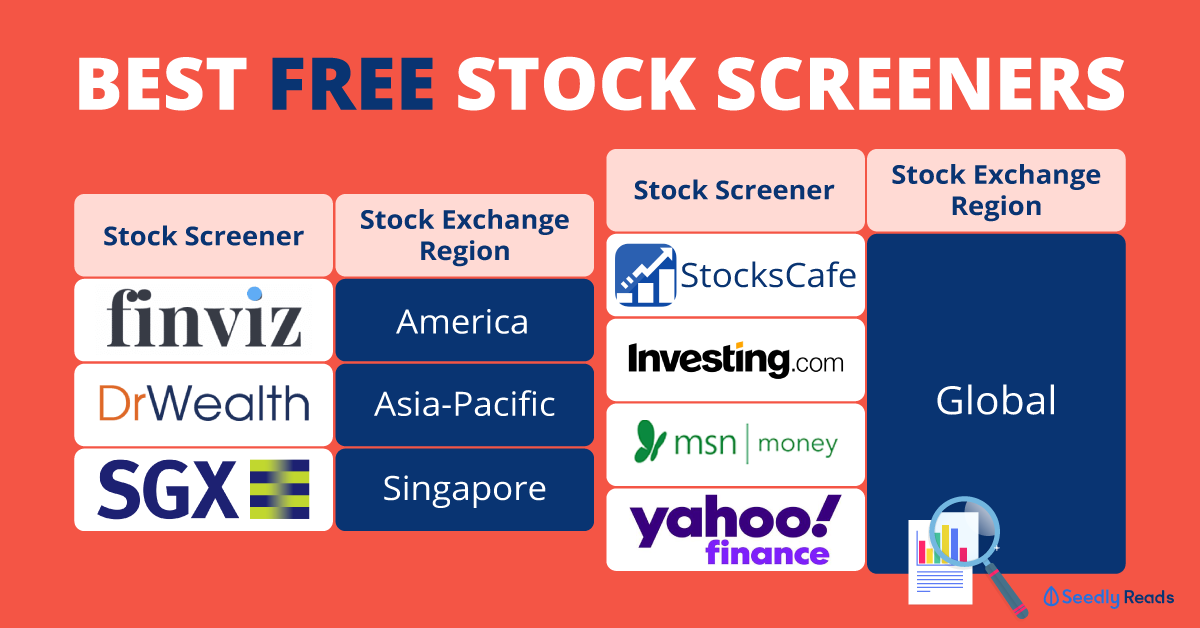
I think this could occur because of a few reasons. But it would mainly be for the risks that the shareholders have over bondholders, as well as certain upside potential that equity holders have.
Higher Risk
(a) Liquidation Risk
In a business, bonds are more senior to stocks, which means that in a liquidation, bondholders would receive their payment before shareholders. Hence, bonds are in some sense less risky than stocks, which suggest that business risks are often amplified in the market for stocks more than the market for bonds.
(b) Free Cashflow to Debt and Equity Holders
Free cashflow is an important metric of the financial health of the firm as it shows what are the cashflow availible to debt and equity holders once the business operating activities have been settled. Bond holders typically have to be paid first (be it coupons or principal) before shareholders are paid dividends, or the cashflow is retained in the business.
(c) Fixed Coupons
Bondholders are typically paid fixed coupons on their investments. This means that bondholders are certain of the amount that they will receive. Shareholders on the other hand, probably have less certainty on the amount of dividends they receive, since shareholders are not in a contractural agreement like bondholders are with the business on how much they should receive annually. Businesses may also reinvest free cashflow into expanding operations as compared to giving the dividends out.
(d) Protective Covenants
Bondholders might have some agreements with the company on what kind of corrective actions they can take if the business does not pay them back their coupon or principals. This helps to safeguard bondholders. Shareholders on the other hand, usually don't have such contractural agreements in place.
Upside Potential
The thing about bond holders is that their returns from the investments are fixed by the coupon rate and the maturity of the bond. This means that when the business is doing really well, bond holders don't get higher returns. But shareholders do enjoy the upside when businesses do better. They can enjoy it from the higher dividends paid by the business since they have more free cashflow availible, or they may enjoy it from the higher valuation and share prices awarded by the stock market. When businesses do well, bond holders face lesser default risk on their bonds, but they don't get paid more.








I think this could occur because of a few reasons. But it would mainly be for the risks that the shareholders have over bondholders, as well as certain upside potential that equity holders have.
Higher Risk
(a) Liquidation Risk
In a business, bonds are more senior to stocks, which means that in a liquidation, bondholders would receive their payment before shareholders. Hence, bonds are in some sense less risky than stocks, which suggest that business risks are often amplified in the market for stocks more than the market for bonds.
(b) Free Cashflow to Debt and Equity Holders
Free cashflow is an important metric of the financial health of the firm as it shows what are the cashflow availible to debt and equity holders once the business operating activities have been settled. Bond holders typically have to be paid first (be it coupons or principal) before shareholders are paid dividends, or the cashflow is retained in the business.
(c) Fixed Coupons
Bondholders are typically paid fixed coupons on their investments. This means that bondholders are certain of the amount that they will receive. Shareholders on the other hand, probably have less certainty on the amount of dividends they receive, since shareholders are not in a contractural agreement like bondholders are with the business on how much they should receive annually. Businesses may also reinvest free cashflow into expanding operations as compared to giving the dividends out.
(d) Protective Covenants
Bondholders might have some agreements with the company on what kind of corrective actions they can take if the business does not pay them back their coupon or principals. This helps to safeguard bondholders. Shareholders on the other hand, usually don't have such contractural agreements in place.
Upside Potential
The thing about bond holders is that their returns from the investments are fixed by the coupon rate and the maturity of the bond. This means that when the business is doing really well, bond holders don't get higher returns. But shareholders do enjoy the upside when businesses do better. They can enjoy it from the higher dividends paid by the business since they have more free cashflow availible, or they may enjoy it from the higher valuation and share prices awarded by the stock market. When businesses do well, bond holders face lesser default risk on their bonds, but they don't get paid more.